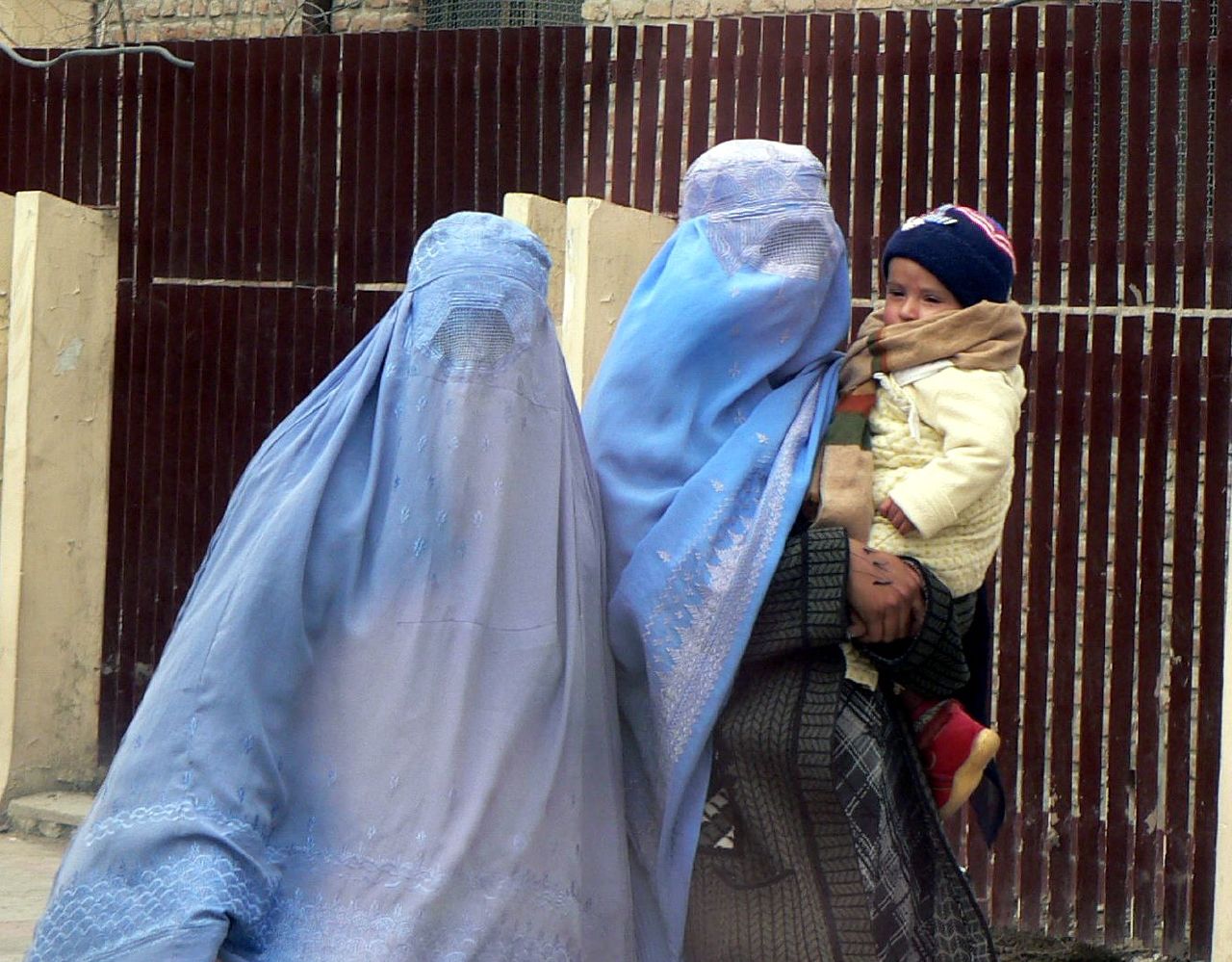- About
- Topics
- Story
- Magazine
- In-Depth
- Picks
- Opinion
- News
- Donate
- Signup for our newsletterOur Editors' Best PicksSend
Read, Debate: Engage.
| topic: | Women's rights |
|---|---|
| located: | Afghanistan |
| editor: | Shadi Khan Saif |
Since the US-led Nato alliance's departure from the war-ravaged nation, Afghanistan has endured the worst humanitarian crisis on record.
According to international NGO Human Rights Watch, two-thirds of Afghanistan's population is food insecure, including 875,000 children facing acute malnutrition, with women and girls most at risk.
Nearly two years have passed since the Taliban imposed an absolute ban on women's and girls' education above grade six in Afghanistan. Following years of regressive oppression, the nation had been slowly recovering, tip-toeing back to equality and justice. But when the Taliban recaptured power in August 2021, much of this came undone.
In the first days, women and girls were persistent that they would go to school. But attempts to do so were met with closed doors guarded by armed Taliban.
In the first weeks, they marched the streets to protest the oppression.
Now, their resistance takes the form of learning and teaching at home or in other informal settings.
In Afghanistan's small towns and remote villages, underground community classrooms and impromptu reading and writing sessions have become lifelines for many young girls hoping for a better life.
Kabul-based Wazir Khan is one of many kind-hearted Afghans who believe in education for girls and boys alike. He has been running a free open-air community learning centre in the eastern suburb of Kabul. Sixty-eight students are girls, and ninety-four are boys, all aged between 7 to 13 years of age.
The tide of oppression, however, remains prominent. Latest estimates suggest the Taliban's hardline policy of gender apartheid against women and the West's economic sanctions imposed on Afghanistan mean 60 per cent of girls and 40 per cent of boys are out of school in Afghanistan.
Members of Nato hold much of the blame for stepping aside and allowing the Taliban's tyrannical regime to deprive women of their fundamental human rights. The US-Taliban Doha Agreement in 2020 legitimised the group and paved its way to power.
The Muslim world, too, cannot escape responsibility; it has not made efforts to reclaim the actual narrative of Islam that the Taliban hijacked to peddle its extremist agenda.
Young Nobel laureate Mala Yousafzai said rightly: "Girls understand the power of education — and they are working to open the school gates wide enough for every child to enter. If we match their determination, fund their work and follow their lead, we will see so much progress in the next ten years."
The world must match the determination of Afghan women and spring into action so they can live and learn as equals.
Photo by Wanman uthmaniyyah.

